Learning from Anthropic CEO, Dario Amodei's Favorite Philosopher. [Recs]
The influence behind many Silicon Valley elites. Why you Should Read: Leviathan by Thomas Hobbes
It takes time to create work that’s clear, independent, and genuinely useful. If you’ve found value in this newsletter, consider becoming a paid subscriber. It helps me dive deeper into research, reach more people, stay free from ads/hidden agendas, and supports my crippling chocolate milk addiction. We run on a “pay what you can” model—so if you believe in the mission, there’s likely a plan that fits (over here).
Every subscription helps me stay independent, avoid clickbait, and focus on depth over noise, and I deeply appreciate everyone who chooses to support our cult.
PS – Supporting this work doesn’t have to come out of your pocket. If you read this as part of your professional development, you can use this email template to request reimbursement for your subscription.
Every month, the Chocolate Milk Cult reaches over a million Builders, Investors, Policy Makers, Leaders, and more. If you’d like to meet other members of our community, please fill out this contact form here (I will never sell your data nor will I make intros w/o your explicit permission)- https://forms.gle/Pi1pGLuS1FmzXoLr6
“Whatsoever therefore is consequent to a time of war, where every man is enemy to every man, the same consequent to the time wherein men live without other security than what their own strength and their own invention shall furnish them withal. In such condition there is no place for industry… no knowledge of the face of the earth; no account of time; no arts; no letters; no society; and which is worst of all, continual fear, and danger of violent death; and the life of man, solitary, poor, nasty, brutish, and short.”
- ‘Leviathan’, Thomas Hobbes
In 1651 (a few years before my parents were born), thinky boi Thomas Hobbes dropped Leviathan. His takeaway was brutal: left alone, humans eat each other alive. The only way out was to hand over freedom to a single, unassailable “superbeing” — a Leviathan — that could keep the chaos at bay. Far better a safe but caged existence, even if stripped of freedom, than a reality where we are left to constantly fend for ourselves.
For a long time, Hobbes was just political theory. A debate for classrooms. But no anymore.
Many of today’s Silicon Valley elites share that low opinion of humanity. They see the public as too dim or volatile to steer the future, and so they celebrate and design their own Leviathans: closed AI systems, walled gardens, algorithmic regimes. These systems promise progress and efficiency, but often bring with them opaqueness and a lack of accountability.
Algorithms, with their scale, are in every tyrant's wet dream. Algorithms, with their complexity, are often far too difficult for most people to audit. Algorithms, with their millisecond efficiency, can’t be G-checked. And when the makers of these algorithms are elitists w/ no qualms about using misinformation, fear-mongering, bribery (sorry…lobbying) to push their means and Yamcha any checks against their power — we must be vigilant.
Today, we’ll discuss Hobbes, not as political theory, but as a handbook to the psychology of these builders. To figure out the crux behind the worship of the digital Leviathan, to see what is worth considering, and to fight against the bits that threaten our freedoms.
Executive Highlights (TL;DR of the Article)
Thomas Hobbes believed that people, left to their own devices, would descend into fear, betrayal, and violence. To prevent collapse, he proposed the Leviathan — a single, absolute authority that could enforce order.
Silicon Valley seeks to build its own Leviathan. Not a monarch, but a system: centralized infrastructure, opaque algorithms, closed models, and policy influence stitched together to control information, behavior, and power — without ever asking for consent.
They justify this control using Hobbes’ logic: the public can’t be trusted. But they’ve removed the checks Hobbes demanded. No transparency, no accountability, no limit.
Reading Hobbes tells us what these builders believe about the rest of us — and what they’re trying to build instead of freedom.
I provide various consulting and advisory services. If you‘d like to explore how we can work together, reach out to me through any of my socials over here or reply to this email.
Section 2: Understanding Hobbes
“When all the world is overcharged with inhabitants, then the last remedy of all is war, which provideth for every man, by victory or death.”
Let’s take a second to understand the world that Thomas Hobbes sketches out in Leviathan. There are several key ideas important to understand.
2.1 The State of Nature and Why Cooperation Fails
“Where there is no common power, there is no law; where no law, no injustice. Force and fraud are in war the two cardinal virtues.”
Firstly, we have his assessment of equality. To Hobbes, people are roughly equal where it matters: the weak can kill the strong in sleep or by jumping them with allies; scarcity keeps pressure high; and information is generally thin. Under those conditions, trust is expensive and fear is cheap.
This sets up a lot of conflict, which Hobbes boils down to three drivers:
Competition for gain- take what you can because others will.
Diffidence (mistrust)- strike first because waiting is risky.
Glory- build and defend a fearsome reputation because reputation deters attack and promotes safety.
Have no oversight, and those three run the board. Prudence becomes pre-emption; promises become tactics; the willingness to turn the other cheek looks like weakness. In that state, long-term cooperation can’t form because no one can guarantee tomorrow; short horizons dominate; betrayal pays. Most of us are familiar with the prisoner's dilemma. This is the principle it’s meant to illustrate — in situations where individual actors act to maximize their self-interest, the optimal reward is to backstab others, even though the reward for cooperation is higher. The former is safe, while the latter requires a leap of faith with potentially dangerous consequences.
Take a second to pause here, b/c this shows a very important part of the PD that’s overlooked: this system has no malice. The prisoners will betray each other not due to their moral failings, but b/c it is the “right” thing to do.
In that setting, each person retains a simple rule: preserve yourself by any means that seem necessary. That is the “right of nature.” There is no court above the fray; talk of justice is premature when there’s no common power to enforce it. Promises are cheap when breaking them is safe.
“Covenants, without the sword, are but words and of no strength to secure a man at all.”
This is why cooperation collapses — one credible cheater poisons the well for everyone else. You get hedging, then arms races; you get temporary alliances that dissolve the second incentives tilt. In a world like this, the only way to hold up bonds is to back them with/ worse, to ensure that everyone knows that no benefits will make defection profitable. A deterrent to quash any foolish rivalries and power struggles born of notions of equality. The All Might that acts as a symbol of safe and stability.
This is where Hobbes sets up his legacy-defining concept.
2.2. The Leviathan Solution
Hobbes doesn’t leave the state of nature hanging. If fear, mistrust, and rivalry are baked into the wiring, then the only cure is to put something above it — something strong enough to make everyone’s threats irrelevant.
That “something” is the Leviathan: an artificial person, created when individuals surrender certain rights to a single sovereign (either a person or a collective) in exchange for protection. Not a metaphorical vibe, but a literal transfer — you agree the sovereign will decide disputes, punish breaches, and act as the final word on force.
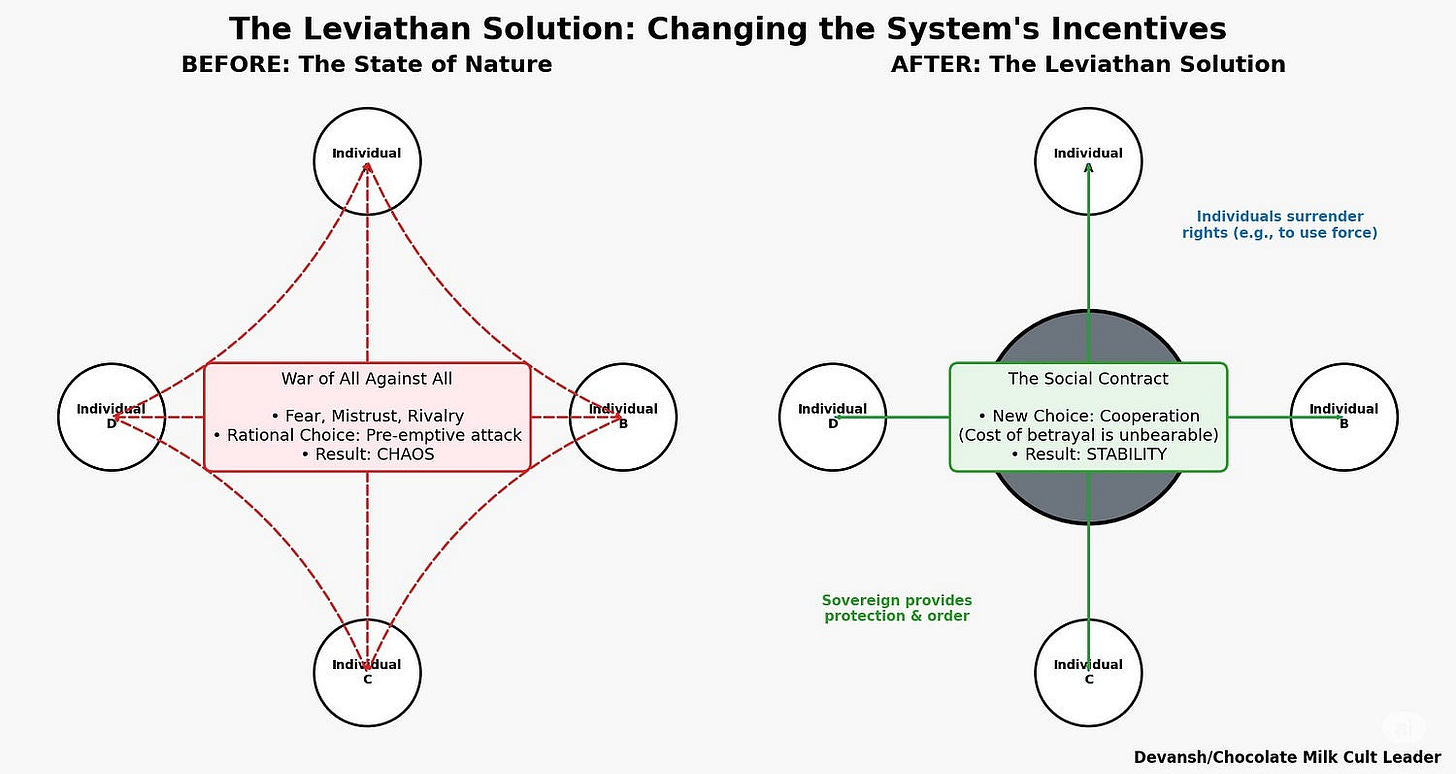
Unlike many others, Hobbes doesn’t think the sovereign is virtuous; he thinks it’s useful. It neutralizes the incentives for pre-emption by making the cost of defection unbearable. If everyone believes the Leviathan will hit back harder than any rival could, cooperation becomes the rational choice. A Sovereign changes not the people but the incentive structure of the system they operate in, skewing everything towards stability.
In order to make things happen, the sovereign’s power can’t be partial. Split authority and you invite factions; invite factions and you’re back in the war of all against all. Thus the Sovereign must be the standard, the arbiter against which all else is balanced.
Follow this to the logical conclusion, and we have a society where justice doesn’t exist without the Leviathan. Outside its reach, “right” and “wrong” are just opinions. Under it, justice is whatever the sovereign enforces — the keeping of covenants by the rules it sets. Something is right if the Sovereign says it is, and wrong if not (Hobbes makes exceptions for any commands where following the Sovereign puts the subject in more danger than the state of nature).
The trade here is clear: we all give up slices of freedom to gain collective stability. The Leviathan isn’t built to maximize development; it’s an agent with a singular objective function — keep people alive.
It’s this aspect of the Leviathan that appeals to little Dario, Peter Thiel, and the rest of the band at Silicon Valley.
“Authority, not truth, makes law.”
-Hobbes
Section 3: The Sovereign from the Silicon Valley
Hobbes’ Leviathan was meant to prevent collapse. But he didn’t pretend it was gentle — it was a machine of obedience. A creature built from fear. The sovereign didn’t lead with persuasion. It philosophized with a hammer.
Silicon Valley has built its own Leviathans. But these aren’t monarchs or ministers. They’re infrastructures — algorithmic stacks, closed models, opaque datasets, military-grade surveillance, and backroom policy influence — all stitched together into something that behaves like a sovereign, but isn’t bound by any of the things that kept sovereigns in check.
And behind it is the same Hobbesian premise: the public can’t be trusted. Not with compute. Not with data. Especially not with oversight; the rabble is not worthy of doing such a thing.
“For such is the nature of man, that howsoever they may acknowledge many others to be more witty, or more eloquent, or more learned; yet they will hardly believe there be many so wise as themselves; for they see their own wit at hand, and other men’s at a distance.”
This belief doesn’t just lead to centralization. It leads to dismantling anything that threatens their power.
It’s why our super-caring tech oligarchs happily fund projects like Amazon's surveillance of its warehouse workers, which causes serious physical and mental health issues for their workers. Not to be half-hearted, they make these issues worse through aggressive surveillance and union-busting tactics.
It’s why our very morally upright tech companies happily side-step user consent with opt-outs no one finds, or outright ignored until regulators catch up (which they rarely do). And if the regulators do catch up, these organizations deploy hundreds of millions of dollars to lobby the politicians (SpaceX alone spent 288 Million on contributions Last year).
Data ownership? Reversed entirely. You are the training set now. Your face, your voice, your clicks — all scraped to teach models you’ll never control. Now they’re scaling that theft to artists, musicians, and writers — entire copyrighted libraries swallowed wholesale to feed the machine while not paying the producers of this data.
It’s why our fiscally conservative financiers sprint to trillion-dollar bailouts when their bets go south, then turn around and lecture working-class people about “dependence” and “moral hazard” while cutting all safety nets. After all, the freedom to take risks should be left to the right class.
It’s why the “safety first” AI Builders enjoy cozy contracts to route models directly into battlefield command infrastructure — with no public debate, no elections, and no overriding switch. Doesn’t matter if you this ignores major risks and problems with the systems(we covered them at length here), b/c the people impacted don’t really matter to begin with.
“OpenAI, Alphabet’s Google, Anthropic and Elon Musk’s AI firm xAI have won contracts of up to $200 million each, aimed at scaling up adoption of advanced AI capabilities in the U.S. Department of Defense, the government agency said on Monday” — Keep in mind this doesn’t account for the massive government IT procurements, many of which prey on the technical ignorance in government offices to extremely overcharge for their products/services.
(Ironically, the same people pushing for “government efficiency” and “small governments” are the first to get on their knees for the big government contracts w/ no audit on why they’re costing so much )—
What Hobbes feared was anarchy. What Silicon Valley fears is accountability.
They don’t see these structures — unions, courts, regulators, collective bargaining systems — as stabilizing forces. They see them as lag, friction slowing down their techno-utopia. To them, the rest of society isn’t an equal. It’s a mob that doesn’t know what’s good for them, and our SV Angels will ensure that their solutions liberate everyone.
So they build systems that are unaccountable by design.
Governance frameworks that define “safety” by internal metrics, never public ones.
Alignment councils where no one elected the judges.
Policies tuned to dodge scrutiny, not earn trust.
And the public, lacking visibility into the stack, rarely knows where decisions are made — or by whom.
The new Leviathan doesn’t speak with one voice. It appears as a dazzling circus, overwhelming the viewers with stimuli from its clown-theatre until they are too dizzy to ask tough questions. Kept so distracted from the day-to-day events that they forget to ask about the larger trends.
In doing so, they implicitly force you into a social contract where you become a cog in their techno-utopia. Never a partner, never a contributor. Just a good little cog, meant to be optimized to ensure smooth operations.
Our merry crew makes almost no pretensions about viewing you as a worthy compatriot (it’s almost refreshing how openly circle-jerky and exclusionary they can be). They admire Hobbes’ Leviathan because it lets them justify a moral caste system: rulers and ruled. Engineers and subjects. Builders and materials.
But this has consequences. And that’s where we go next.
“I simply hinted that an ‘extraordinary’ man has the right… I maintain that if the discoveries of Kepler and Newton could not have been made known except by sacrificing the lives of one, a dozen, a hundred, or more men, Newton would have had the right, would indeed have been in duty bound… to eliminate the dozen or the hundred men for the sake of making his discoveries known to the whole of humanity.”
-‘Crime and Punishment’, Fyodor Doestevesky. This kind of belief persists strongly in SV.
Section 4: Why Hobbes Senpai wouldn’t like the Silicon Valley Leviathan
Hobbes never claimed the sovereign was virtuous. It was a necessity, not a saint. And by his own logic, the same drives that make the public untrustworthy — vanity, rivalry, self-preservation — live inside the people running the sovereign. The difference is that today’s Leviathans move at machine speed, operate behind code, and can’t be cornered in a courtroom.
And this makes it a different breed of horrifying. Like graduating from Kaiju and Michael Myers to the psychological horror of watching Manchester United grind your favorite player's soul into powder. Like switching weight classes from small fry like Tom Cruise or Shahrukh Khan to true artistic titans like RAJKUMAR THAKURIYA (I’ve linked his YouTube, go check him out).
Traditional Leviathans were slow, visible, and geographically bound. You could trace their actions through law, paper trails, or bureaucracy. You knew who signed the orders, who made the ruling, and (in theory) who to hold accountable. And if needed, you could escape them by power walking slightly faster than the pursuers.
The computational Leviathan has no such limitations.
It acts through black-box recommendation engines, fine-tuned reward models, unlogged policy edits, and vague updates to Terms of Service. It can rewrite the rules in real time and deploy them globally before anyone has a chance to respond. Even escape becomes impossible, as the climate strain, the resource utilization, and the societal impacts of its rewrites can be impossible to get away from.
And when things go wrong, responsibility diffuses like gas — the model made the decision, the team was too small, the warning didn’t trigger, the alignment research wasn’t ready. Blame gets passed around complex chains, until no one is at fault, and we find the next obsession to worry about.
These aren’t glitches. This is the design.
Speed ensures no one can catch up.
Opacity ensures no one can inspect. This opacity is both technical (no one knows how/why things happen the way they do) and operational (it’s hard to point to specific people as accountable for things).
Scale ensures no one can escape.
That’s what makes this Leviathan different. Hobbes imagined a sovereign to protect people from each other. This one protects and expands the interests of its builders from everyone else. The former is a stabilizing force. The latter is an ever-expanding one, consuming ever-increasing slices of the world around it.
The worst part — the SV sovereign is unelected. We get locked into the system where we had no consent, we gave no contract, and no stake. But understanding perhaps is the way out.
Conclusion: Why You Should Read Thomas Hobbes
Thomas Hobbes was a delicate soul born in times of great change. He craved order and was deeply fearful of all that he couldn’t fit into his political calculus. He needed Stability, so he rejected all that could threaten it. His was a philosophy of fear and timidity. Of cowardice even.
Reading Hobbes helps us see past the appearances of the broligarchs building and financing tech today. Past the chest beating, jingoism, and the rented swagger of the missionaries of the Valley. We see a community fidgety around all that it struggles to appreciate. It’s why it diminishes the value of art. It’s why it seeks to optimize its dating, its biology, and its very modes of being. It’s why it frantically spins off clones of its past successes, churning out “Uber for X”, “Cursor for Y”, email schedulers, data labelling companies, and gambling apps.
It’s why the industry spends so much time trying to extract every drop of value from existing streams instead of trying to grow the pot and push the world into truly new directions.
Once you see the Hobbesian influence in its flow, the rest of the narrative games common in the industry become a lot clearer. And once you can understand, you can move with, counter, and ultimately win.
Read Thomas Hobbes, not because he was completely right, but because many of the most influential people in the world do. Because your freedom depends on it.
Thank you for being here, and I hope you have a wonderful day
Dev <3
If you liked this article and wish to share it, please refer to the following guidelines.
That is it for this piece. I appreciate your time. As always, if you’re interested in working with me or checking out my other work, my links will be at the end of this email/post. And if you found value in this write-up, I would appreciate you sharing it with more people. It is word-of-mouth referrals like yours that help me grow. The best way to share testimonials is to share articles and tag me in your post so I can see/share it.
Reach out to me
Use the links below to check out my other content, learn more about tutoring, reach out to me about projects, or just to say hi.
Small Snippets about Tech, AI and Machine Learning over here
AI Newsletter- https://artificialintelligencemadesimple.substack.com/
My grandma’s favorite Tech Newsletter- https://codinginterviewsmadesimple.substack.com/
My (imaginary) sister’s favorite MLOps Podcast-
Check out my other articles on Medium. : https://rb.gy/zn1aiu
My YouTube: https://rb.gy/88iwdd
Reach out to me on LinkedIn. Let’s connect: https://rb.gy/m5ok2y
My Instagram: https://rb.gy/gmvuy9
My Twitter: https://twitter.com/Machine01776819


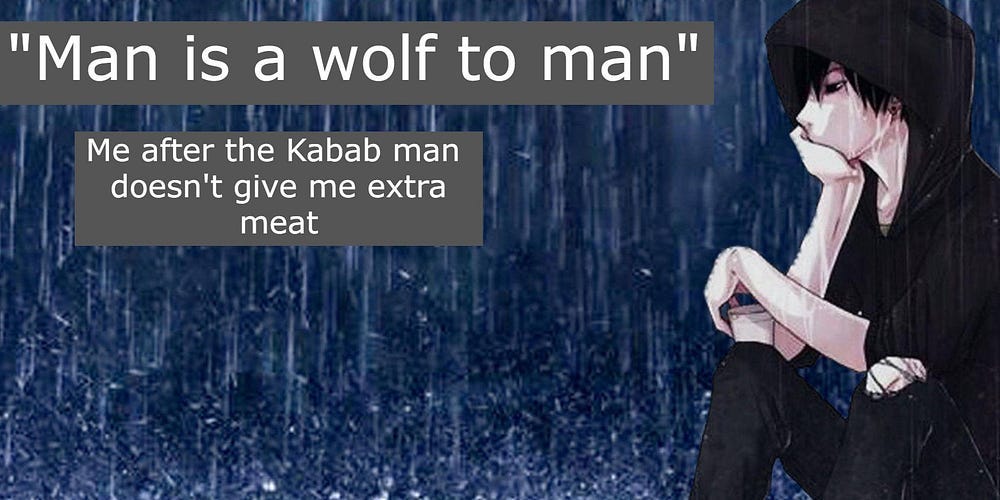

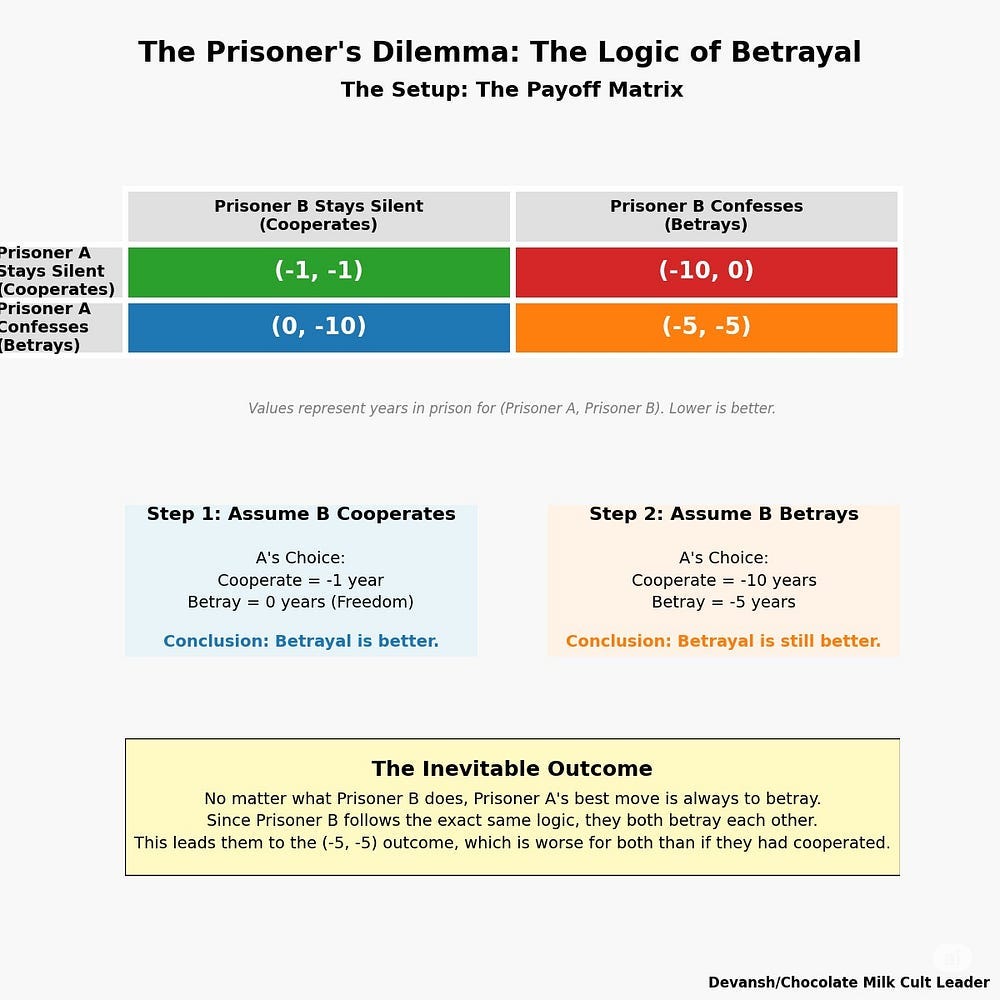
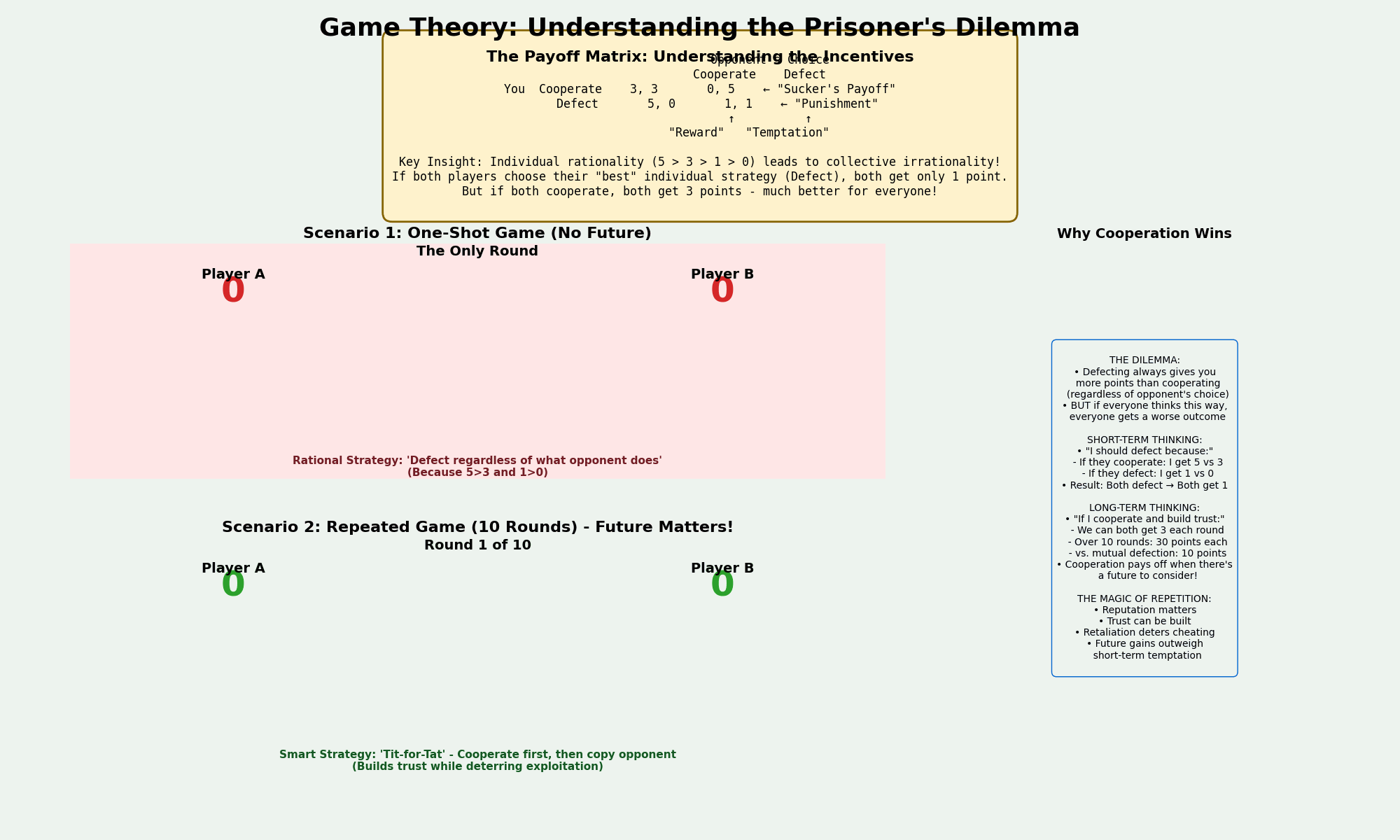
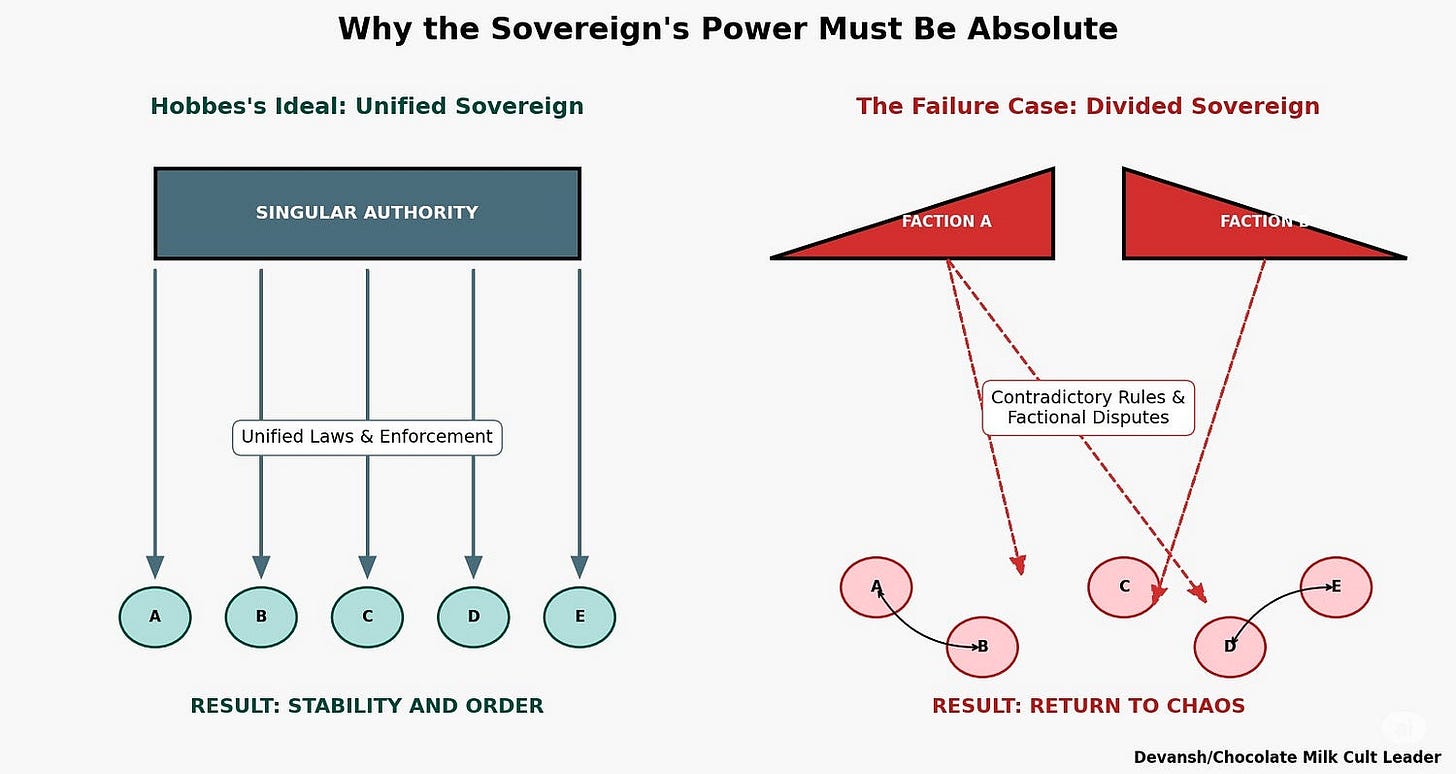
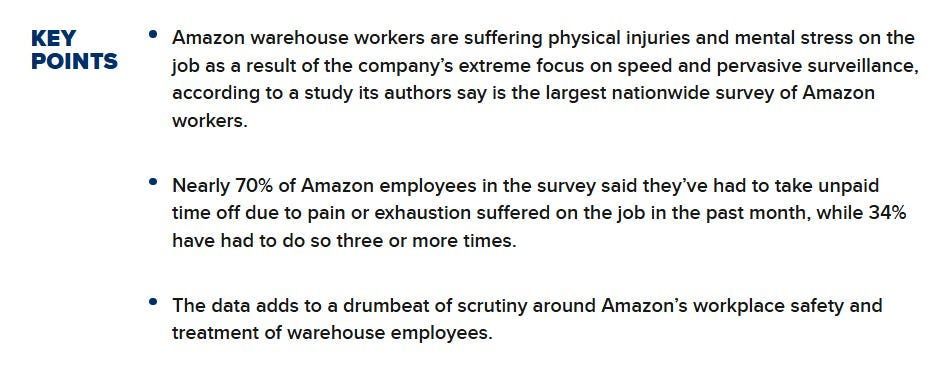
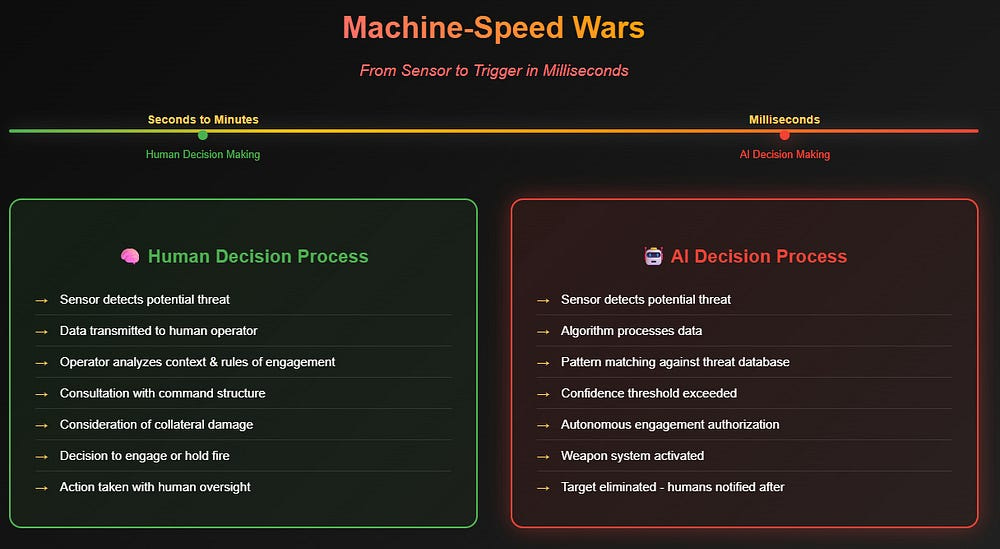




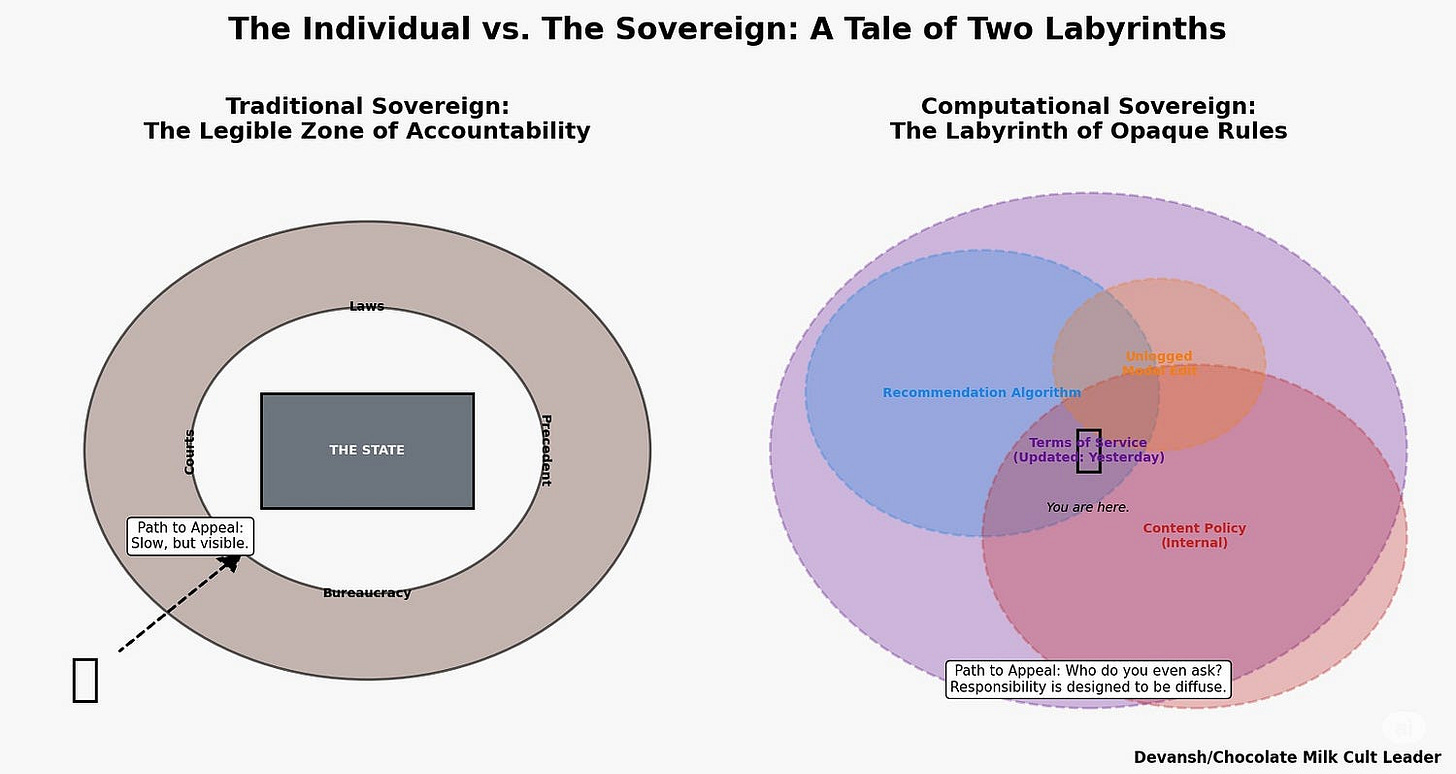
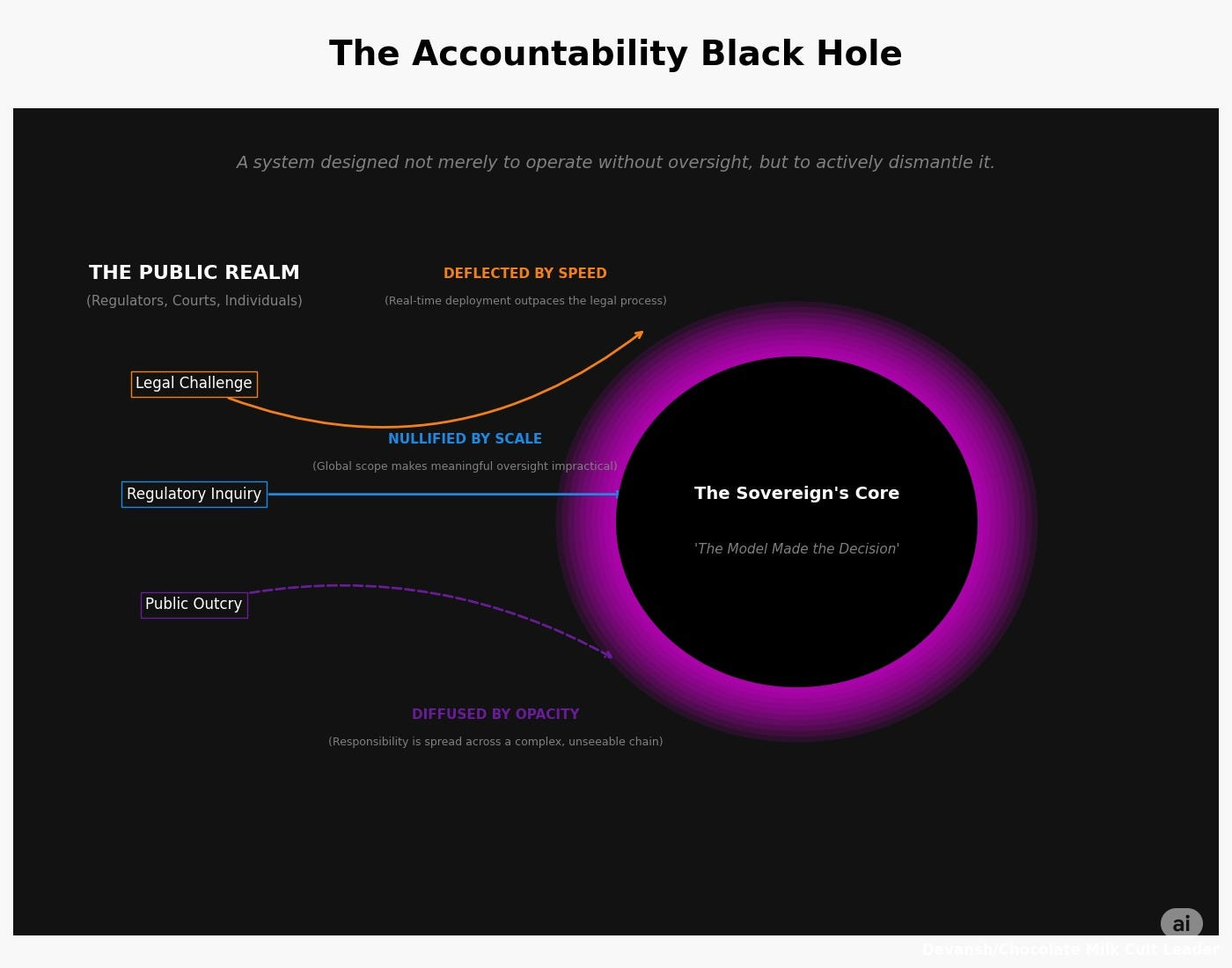

Great article.
Great read. I’m still unsure whether, in your view, ‘SV Leviathan’ is just one possible outcome or the singular trajectory we’re heading toward?